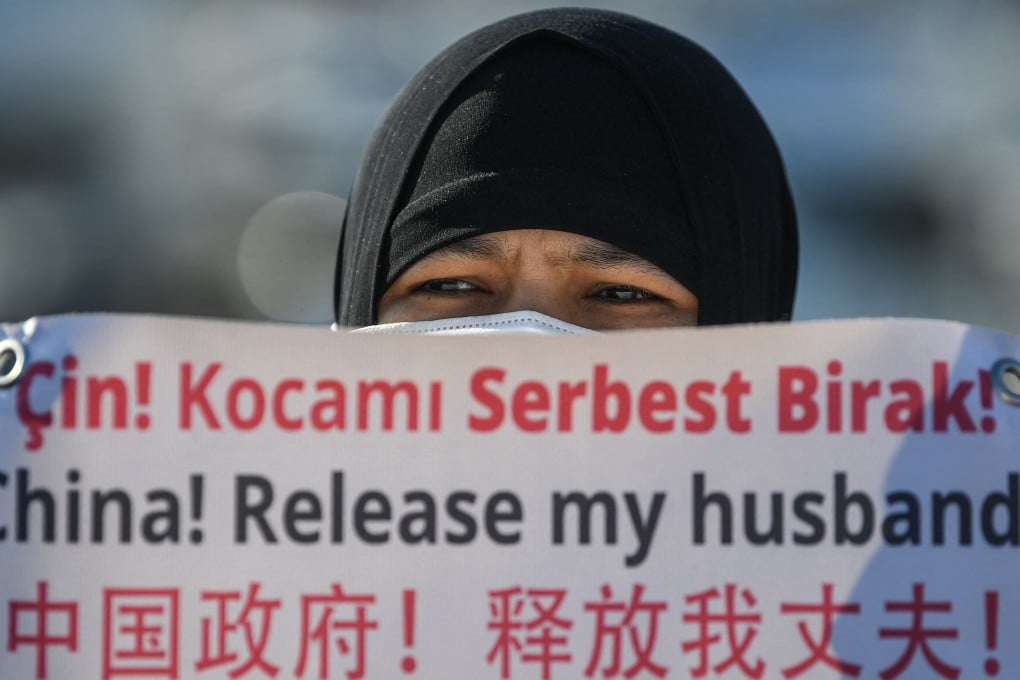China likely to respond in kind to EU sanctions on Xinjiang, observers say
- Analysts say countermeasures would be moderate, reflecting Beijing’s less confrontational relationship than with the US
- European Union ministers expected to discuss possible sanctions at their meeting on Monday


02:27
US declares China has committed genocide in its treatment of Uygurs in Xinjiang
“Sanctions based on lies could be interpreted as deliberately undermining China’s security and development interests,” he said. “We want dialogue, not confrontation. We ask the EU side to think twice. If some insist on confrontation, we will not back down as we have no options other than fulfilling our responsibilities to the people in our country.”
Zhang’s remarks followed reported agreement by senior EU officials to sanctions – including a travel ban and asset freezes – over China’s activities in Xinjiang, which will be further discussed at a meeting of the EU ministers on March 22.
There has been growing international criticism of Beijing’s treatment of ethnic Uygurs and other minorities in Xinjiang, with the Dutch parliament becoming the first in Europe to pass a non-binding action characterising Chinese actions there as amounting to “genocide”.
Zhang also said there had been negotiations for the EU member states’ ambassadors to visit the remote western region of Xinjiang, which has notoriously been difficult for foreign journalists and diplomats to access without official approval and supervision. While “almost everything” had been arranged for the trip, he said the EU side had insisted on a meeting with an individual who had been convicted under Chinese law, terms that Beijing found “unacceptable”.
“Almost everything has been arranged,” Zhang said. “But I’m so sorry that the EU mission in Beijing raised an unacceptable request, so that is not acceptable. But anyway Xinjiang is open, open for European ambassadors, open for foreign diplomats, journalists, and tourists, open to anyone.”